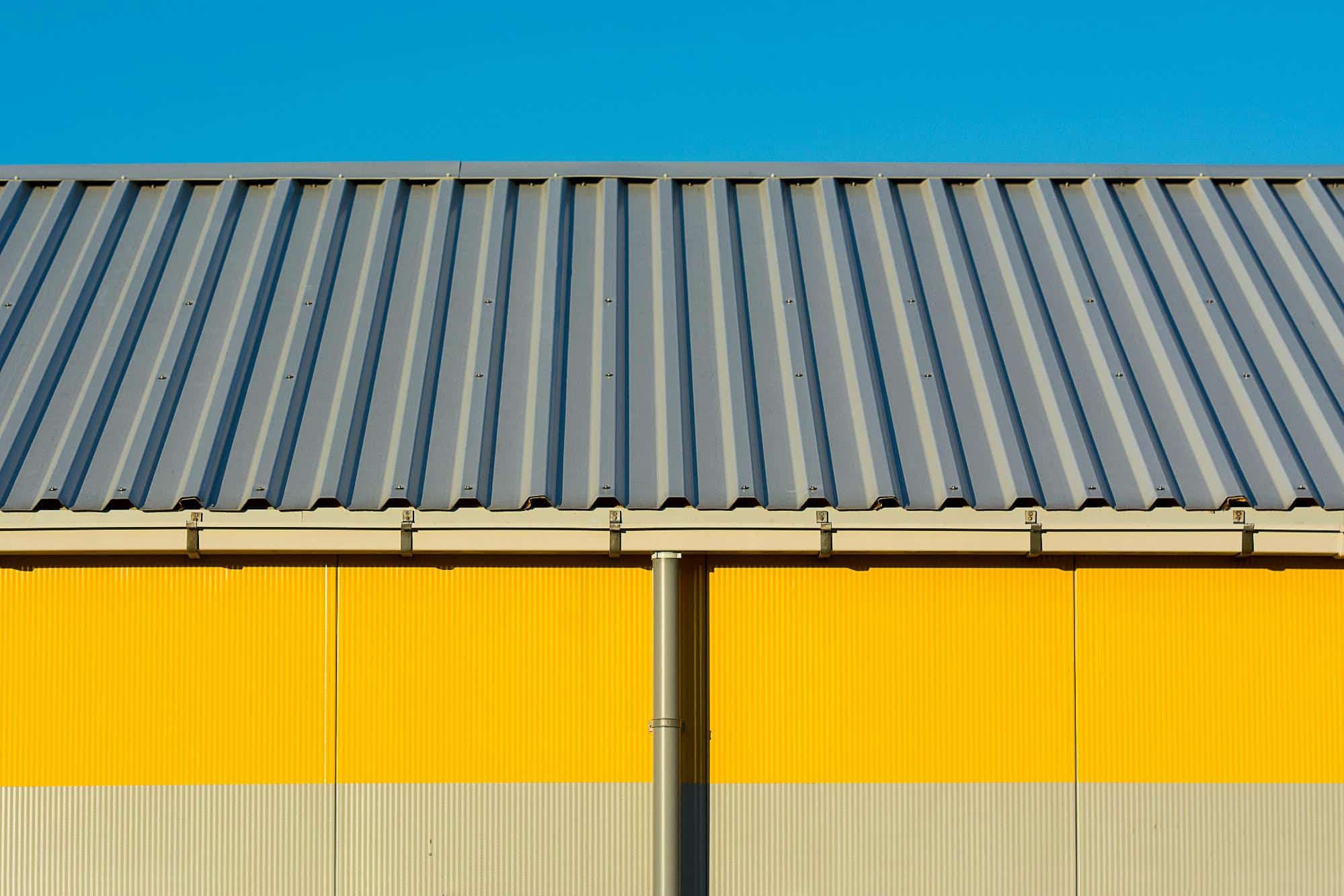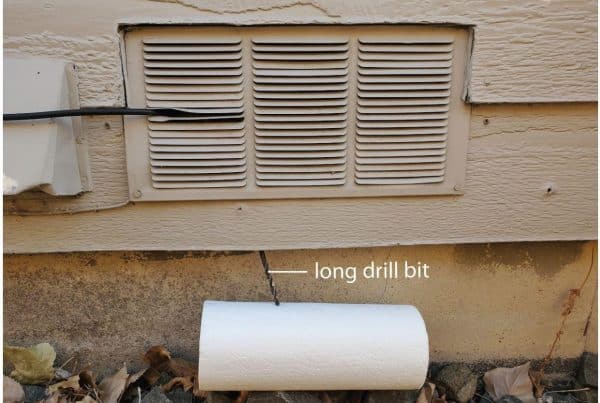When most people think about water conservation, they envision turning off taps, fixing leaks, and maybe even collecting rainwater. But an often overlooked hero in the battle against water waste is an effective gutter system. Let’s dive into how these unassuming fixtures can play a pivotal role in saving water and why you should be paying them more attention.
Combating Water Pollution with Gutters
An often overlooked benefit of gutters is their ability to reduce water pollution. By directing runoff away from paved surfaces, gutters prevent pollutants from being washed into local waterways. This is particularly crucial in urban areas, where stormwater can carry a myriad of pollutants from roads and rooftops straight into rivers and oceans.
The Importance of Gutter Systems in Water Conservation
Gutters are typically associated with protecting your home’s foundation and preventing erosion by directing rainwater away. However, their role extends far beyond. A well-designed gutter system can be a cornerstone in water conservation efforts, capturing rainwater efficiently and directing it to where it can be reused, rather than allowing it to spill uncontrollably into the stormwater system.
Choosing the Right Gutter System
Not all gutter systems are created equal when it comes to water conservation. It’s essential to select a system that not only suits the architectural style of your home but also maximizes rainwater capture and reuse. Seamless gutters, for instance, reduce leaks, while gutter guards can prevent blockages that might otherwise lead to overflow and water waste.
Practical Tips for Optimizing Your Gutter System for Water Conservation
- Maintenance is key: Regular cleaning and inspection ensure that your gutters are functioning optimally, preventing blockages that can lead to wasteful overflows.
- Consider rain barrels: Connecting your gutter system to rain barrels is a simple and effective way to collect and store rainwater for future use. Additionally, installing gutter guards can further prevent blockages, making the collection process more efficient and reducing the need for frequent cleaning.
- Go for efficient design: Choose gutter systems with high water capture efficiency. Consult with a specialist to select the best option for your home.
- Integrate with your landscape: Design your landscape to take advantage of redirected rainwater, promoting a healthier, more water-efficient garden.
Additions to Consider for Gutter Systems
Exploring new technologies or additions to your gutter system can significantly enhance its water conservation capabilities. For example, integrating smart sensors to monitor rainwater levels in your gutters and direct it efficiently to storage systems can maximize water reuse. This tech-savvy approach ensures that water is not only saved but managed in the most productive way possible.
Local Climate and Gutter System Efficiency
Your local climate plays a crucial role in determining the efficiency of your gutter system. In areas with heavy rainfall, for instance, robust systems capable of handling large volumes of water are essential. Conversely, in drought-prone areas, designing a gutter system focused on capturing and storing every possible drop becomes a priority. Understanding your climate needs can lead you to make informed decisions about your gutter system that benefit both your household and the environment.
Capturing Every Drop: How Gutters Can Save Water
By effectively capturing rainwater, gutter systems allow homeowners to redirect this precious resource to gardens, lawns, or rainwater harvesting systems. This not only reduces dependency on municipal water supplies but also ensures that every drop is put to good use. Innovative gutter designs can increase water capture efficiency, demonstrating that the shape, size, and material of your gutter can make a significant difference.
The Future of Gutter Systems in Water Conservation
As technology advances, we can anticipate the development of even more innovative gutter systems designed with water conservation in mind. This could include materials that promote faster water flow, prevent clogging without the need for gutter guards, and even treat water as it’s being collected. The future of gutter systems is bright, with potential advancements that could revolutionize how we view and utilize rainwater for conservation.
Gutters and the Landscape: A Synergistic Relationship
The relationship between your gutter system and your landscape is symbiotic. Effective gutter systems can mitigate soil erosion and waterlogging in your yard, both of which can be detrimental to plant health. Moreover, by directing water to specific areas, you can ensure that your landscape benefits from every rainfall, reducing the need for artificial irrigation.
Conclusion
In conclusion, effective gutter systems are unsung heroes in the realm of water conservation. Through innovative design and proper maintenance, they not only protect your home but also contribute significantly to saving water. As we become more conscious of our environmental footprint, paying attention to how we manage rainwater becomes increasingly important. Let’s give our gutter systems the recognition they deserve in the battle against water waste. After all, every drop counts.








